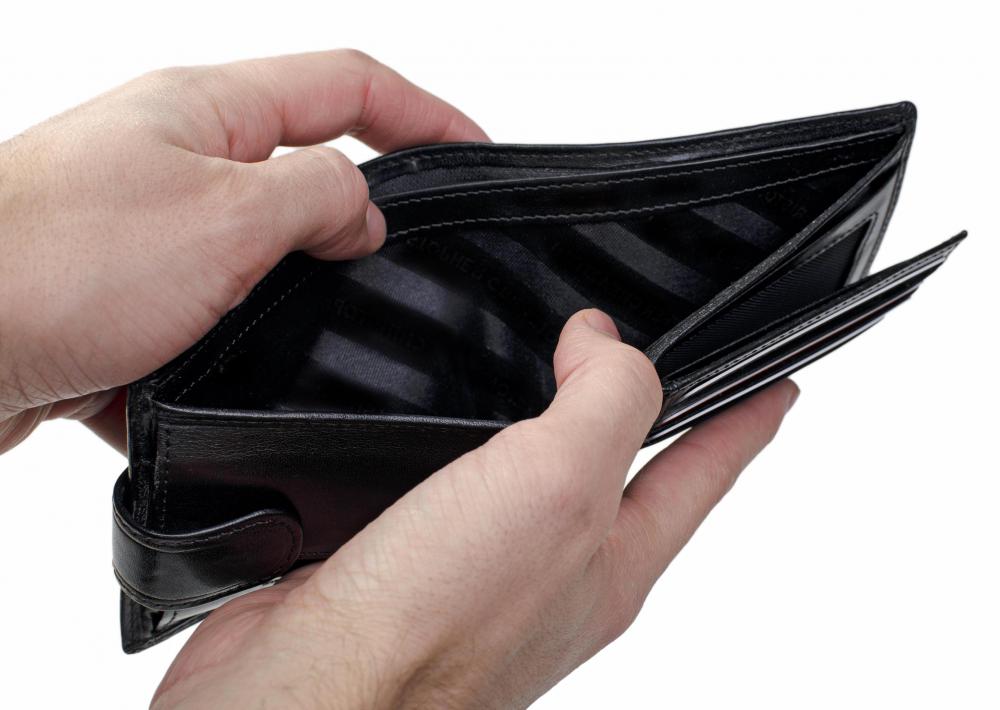At WiseGEEK, we're committed to delivering accurate, trustworthy information. Our expert-authored content is rigorously fact-checked and sourced from credible authorities. Discover how we uphold the highest standards in providing you with reliable knowledge.
What are Bankruptcy Proceedings?
Bankruptcy is the term used when a court has deemed that a person or company is unable to resolve its debts. The process of being declared bankrupt is known as bankruptcy proceedings. These proceedings are generally commenced when a petition is lodged with the appropriate court.
Bankruptcy cases are commonly handled by special courts. In the United States, for example, bankruptcy is considered a federal matter. These matters are handled in U.S. Bankruptcy Court. These courts do not hear any other types of cases.

In some countries, such as Singapore, bankruptcy proceedings can be initiated by either a debtor or a creditor. In those locations where a creditor can initiate bankruptcy proceedings, there is usually a minimum amount that must be owed. To begin the bankruptcy proceedings, whether initiated by the debtor or creditor, a petition generally needs to be filed with the appropriate court.

Once the petition has been filed and proceedings have begun, the behavior of both the debtor and his creditors can be affected. A debtor, for example, is generally not allowed to transfer any property. This means he cannot sell, give away, or conceal anything he owns. Creditors are generally not allowed to seek to recover any debts directly from the debtor. Instead, all claims must be handled through the proper channels of the proceedings.

There can be various types of bankruptcy proceedings. In the United States, for example, Chapter 7 is considered liquidation bankruptcy. If these bankruptcy proceedings are successful, a person will be declared bankrupt. Property he is not entitled to keep will be liquidated, or sold, by a trustee of the court. The proceeds are generally used to pay debtors. Thereafter, the debtor may be relieved of all responsibility for the remaining debt.
Bankruptcy proceedings are not always undertaken to avoid repaying debts. In some cases, people file for bankruptcy because they want to restructure their debt. This is generally the goal of those who file Chapter 13 bankruptcy. When this type of bankruptcy proceedings are successful, people are given an extended period to pay and plan to follow to achieve repayment.
Bankruptcy helps alleviate the demands for repayment, but it can result in many negative consequences. A person can lose most of his material possessions. He may also be disqualified from obtaining certain jobs or credit in the future. In Singapore, successful proceedings can bar a person from international travel.
AS FEATURED ON:
AS FEATURED ON:













Discussion Comments
Actual proceedings before the judge and creditors. What line of questioning?
Post your comments